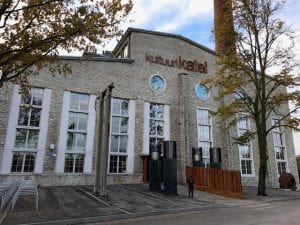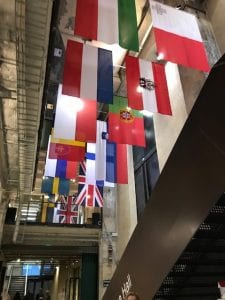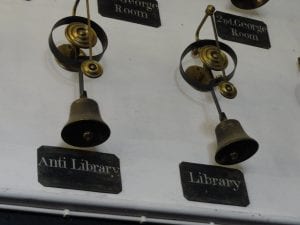The Pro-Vice-Provost’s View
By Paul Ayris, on 17 January 2018
UCL Press Megajournal platform
16 January 2018 saw the soft launch of the UCL Press megajournal platform to an audience of 55-60 people in the JZ Young Lecture Theatre.
 What is a megajournal and why is UCL Press launching a megajournal platform? Essentially, a megajournal is a platform where cross-disciplinary and inter-disciplinary work can be brought together and where the outputs are characterised by openness – of peer review (where the reviewers’ reports are available for scrutiny), of readership (when the final output is freely available for sharing and re-use), of scope (where, for example, underlying research data can be made available alongside the published output), and of evaluation (where responsible metrics are used to help evaluate the quality of the outputs).
What is a megajournal and why is UCL Press launching a megajournal platform? Essentially, a megajournal is a platform where cross-disciplinary and inter-disciplinary work can be brought together and where the outputs are characterised by openness – of peer review (where the reviewers’ reports are available for scrutiny), of readership (when the final output is freely available for sharing and re-use), of scope (where, for example, underlying research data can be made available alongside the published output), and of evaluation (where responsible metrics are used to help evaluate the quality of the outputs).
If that is the ‘what’, then why is UCL Press taking this road? The megajournal platform looks very unlike traditional journals. The reason is this – there is a growing acceptance that the future of scholarship is best served by the Open Access and Open Science agendas. What is the best mechanism to achieve this transition to full Open Access? Research funders have started establishing their own Open Science platforms and research-intensive universities like UCL can do the same. This has the power to change the culture in academic publishing by bringing publication and dissemination back into the academy.
It was these questions and potential solutions that the Megajournal platform launch sought to celebrate and investigate. Three external speakers set the scene – Robert Kiley, who talked about the Wellcome Trust’s Open Research platform; Stephanie Dawson from Science Open, which is the company selected by UCL to deliver its Megajournal platform; and Dr Catriona MacCallum from Hindawi. The plenary session concluded with a presentation by Ian Caswell of UCL Press, announcing the broad details of the planned UCL Press provision, which will work initially with the environmental science research domain in UCL to create an environmental science Megajournal.
The Town Hall meeting ended with a Question and Answer session with the speakers plus Paul Ayris as CEO of UCL Press, which was chaired by Professor David Price (Vice-Provost, Research). This session showed very lively engagement in Open Science by the audience of 55-60 attenders – journalists, commercial publishers and academics.
The UCL Press Megajournal platform will be formally launched in the autumn of 2018 to co-incide with Open Access week. It is an important development in the Press’s mission to change the pattern of scholarly publishing in the academic community as Open approaches gain momentum in a global move towards Open Science.
Paul Ayris
Pro-Vice-Provost (UCL Library Services)
 Close
Close








